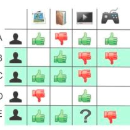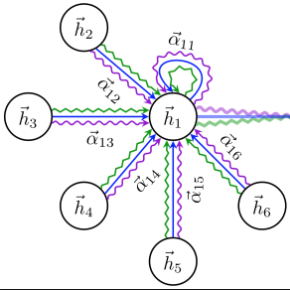Recommender systems often struggle with data sparsity and cold-start scenarios, limiting their ability to provide accurate suggestions for new or infrequent users. This paper presents a Graph Attention Network (GAT) based Collaborative Filtering (CF) framework enhanced with Large Language Model (LLM) driven context aware embeddings. Specifically, we generate concise textual user profiles and unify item metadata (titles, genres, overviews) into rich textual embeddings, injecting these as initial node features in a bipartite user item graph. To further optimize ranking performance, we introduce a hybrid loss function that combines Bayesian Personalized Ranking (BPR) with a cosine similarity term and robust negative sampling, ensuring explicit negative feedback is distinguished from unobserved data. Experiments on the MovieLens 100k and 1M datasets show consistent improvements over state-of-the-art baselines in Precision, NDCG, and MAP while demonstrating robustness for users with limited interaction history. Ablation studies confirm the critical role of LLM-augmented embeddings and the cosine similarity term in capturing nuanced semantic relationships. Our approach effectively mitigates sparsity and cold-start limitations by integrating LLM-derived contextual understanding into graph-based architectures. Future directions include balancing recommendation accuracy with coverage and diversity, and introducing fairness-aware constraints and interpretability features to enhance system performance further.
翻译:暂无翻译






